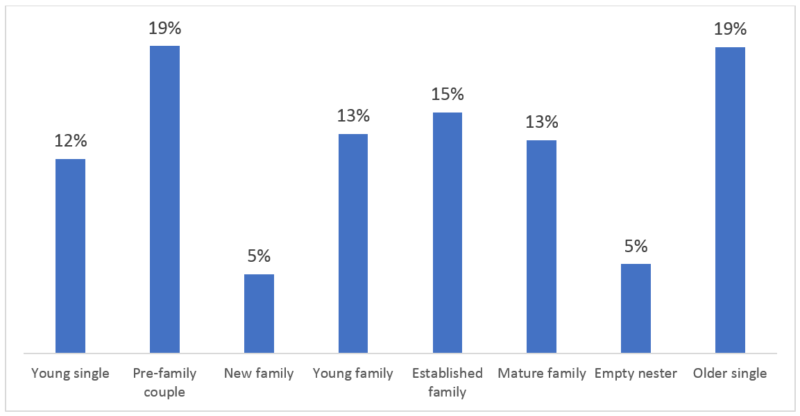Property guides
Introduction to renting
Moving home isn’t an easy task but being prepared can help to make the process smoother, saving you time and unnecessary stress.
This guide to renting aims to provide you with the advice you’ll need to get the most out of renting as well as reassurance with answers to common problems and questions.
The UK rental market has grown significantly over the past few years.
Though once reserved only for students or those unable to purchase, renting has become an increasingly attractive alternative to buying by providing a number of unique benefits such as:
- Flexibility – when you rent you agree to stay in a property for a fixed length, usually 12 months, meaning that you are free to move elsewhere should you want to
- Cost – because you do not own the property you are not liable for property maintenance costs or replacing expensive items such as boilers
Our June 2017 tenant survey highlighted the spectrum of demographics that now rent:

Most popular in larger towns and cities, renting in the UK is often the first step for most after moving out of their family home.
Though currently not as heavily regulated as the resale and buying market, many new rules have come into effect over the last couple of years providing greater protection for tenants.
While the majority of tenants will never experience a problem with their tenancy or landlord, it’s important to understand what’s usual (and what’s not) and what’s expected from both parties.
To find out more about rental prices and how they change, take a look at our quarterly rental price tracker.
Rental property availability
The availability of properties will change through the year and at certain times of year there will be more competition or less choice. The peak of the market is generally in late summer from July through to early September and you can find yourself competing with lots of other potential tenants.
There are lots of reasons for this:
- Graduates relocate for new jobs
- Last years’ graduates move to their first new job
- Families want to move in advance of a change of school or at least move when their children are out of school
- Corporate relocations occur at the end of the summer months
- Students move for new courses
- August Bank Holiday is often a good time to move as it is the last bank holiday of the year so you have an extra day to get things done.
Similarly, there are times of year where choice is more limited, especially in the lead up to Christmas where fewer people are inclined to move and accordingly fewer properties become available. That said it is often the time where there is the chance of having a competitive offer accepted as landlords are keen to get an empty property filled before the long Christmas break.
If you are already renting you will need to serve notice to vacate from your current property. Most tenancy agreements will specify how much notice to give and this is often two months’ worth. If, however, your contract has passed the initial end date and is on a rolling basis it may only be one month, so you would need to check with your agent or landlord to make sure you give enough notice. You can find more information on ending and extending your tenancy here.
The government produces a How to Rent guide which is very helpful in explaining the process in England. It gives further guidance on what to look out for before renting, living in a rented home, what happens at the end of a tenancy and what to do if things go wrong.
Your agent or landlord must give you a copy of this guide as part of the standard paperwork for letting a property. If you’re not given one, ask for one.